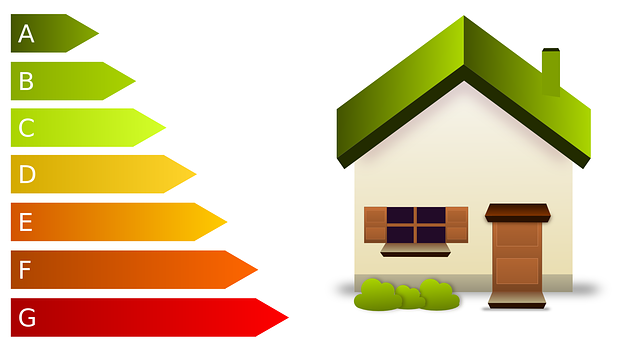Whether you’re searching for a way to keep your budget tight or you’re really concerned about the environmental impact of using too much energy, you might have stumbled across several so-called tips to tow your energy consumption in line. But with so many tips and tricks, it’s not surprising to find some of them aren’t really as effective or can even be called myths. Trust me, we’ve all been there.
Lucky for you, we’ve listed 6 of the most common energy-saving myths you need to get out of your system fast.
Myth #1: Energy-saving appliances are always worth the cost.
It has always been ingrained in our brains that modern technology, or at least modern household appliances for that matter, have been developed enough to make them run on energy efficiently. This means they are supposed to use less electricity than let’s say your old AC or refrigerator from 10 years ago.
But on the downside, these new appliances cost a lot of money. And sometimes, installation and repair costs can pile up so much that it’s kind of counterproductive if you do have a goal to minimize your expenses.
So here’s a better tip for you: Only upgrade your home appliances when they’re already broken beyond repair. That would make buying a new refrigerator, or any other appliance worth it in the long run. You don’t have to switch just because you think you could save money; if it works fine, keep it.
Myth #2: Keep your fan on to maintain cold temperature in a room.
Here’s the thing, a room cannot feel cool or hot. Only humans, or animals for that matter, can feel warmth and coldness. Also, fans don’t make the air in the room colder, they only circulate the air in the room, regardless of temperature. So this means, leaving your fan on to keep a room cool is a waste of energy.
Myth #3: Hand-washing dishes is more energy-efficient than running them in the dishwasher.
Just because we’re not really turning on an appliance when hand-washing dishes, doesn’t mean it’s more energy-efficient. The truth is, hand-washing a pile of dishes uses up more energy because you need loads of hot water to clean them. Plus, you’re going to be spending your own energy and time to do the chore you’re not really required to do anymore. If you’re really looking to make your water use more efficient, why not just check for leaks or be mindful of your laundry to save water and money?
Myth #4: Renewable Energy is more expensive than Regular Electricity
To be honest, renewable energy costs will hurt you a bit only if you have an existing electricity line and you want to overhaul the complete system. Of course, upfront and installation fees would bite you but that’s not the only way you can save money using renewable energy in the long run. Renewable energy can actually work in conjunction with your existing power supply like isolated vs non isolated power supply to supplement or augment your supply. You can have a solar generator or solar-powered charges to minimize costs and be much more efficient with your energy consumption, too.
Also, if your goal is to save up on your electricity bills, the first step is to check out if you have the best provider in your area. For example, if you live in Houston or any nearby town, you should first do your research about the electricity plans. Maybe you’re just not getting the best deal there is.
Myth #5: New homes are more energy-efficient than old ones.
The energy efficiency of a house depends not on its age, but through its design. So better check with your real estate agent about the energy consumption of the house you’re moving into. Remember, older houses don’t necessarily mean they use more energy. If you’re buying a new house, talk to your architect or engineer to figure out how you can make the house more energy efficient before proceeding with construction.
Myth #6: Electronics don’t use power when they are turned off.
There is such a thing as vampire energy aka the energy charged to you when your electronics are still plugged in but not in use. Research has shown that the energy consumption may not be that much, but it still exists. So if you want to put a plug on that extra cost and consumption, use a power strip or just unplug your devices when not in use.
These 6 myths are just the most common misconceptions about saving energy at home. Truth be told, there are a lot more “tips” out there that turn out to be more harmful than they are helpful. So remember to take everything with a grain of salt and ask a professional if you really want to know how to deal with your appliances and other gadgets.
not sure about the anchor text. The client link is for Connecticut but the anchor text says TX

